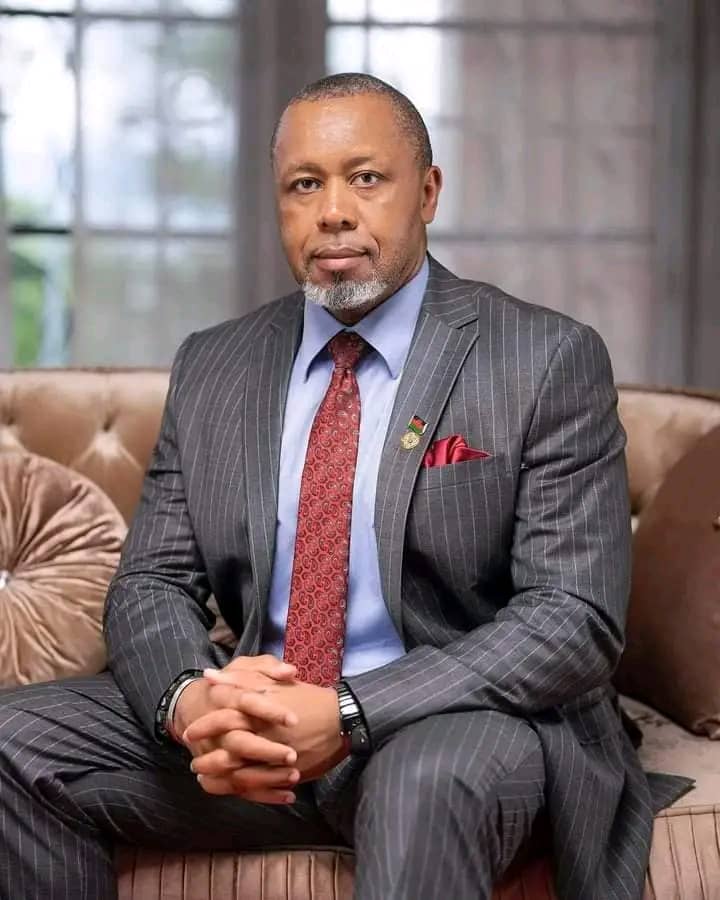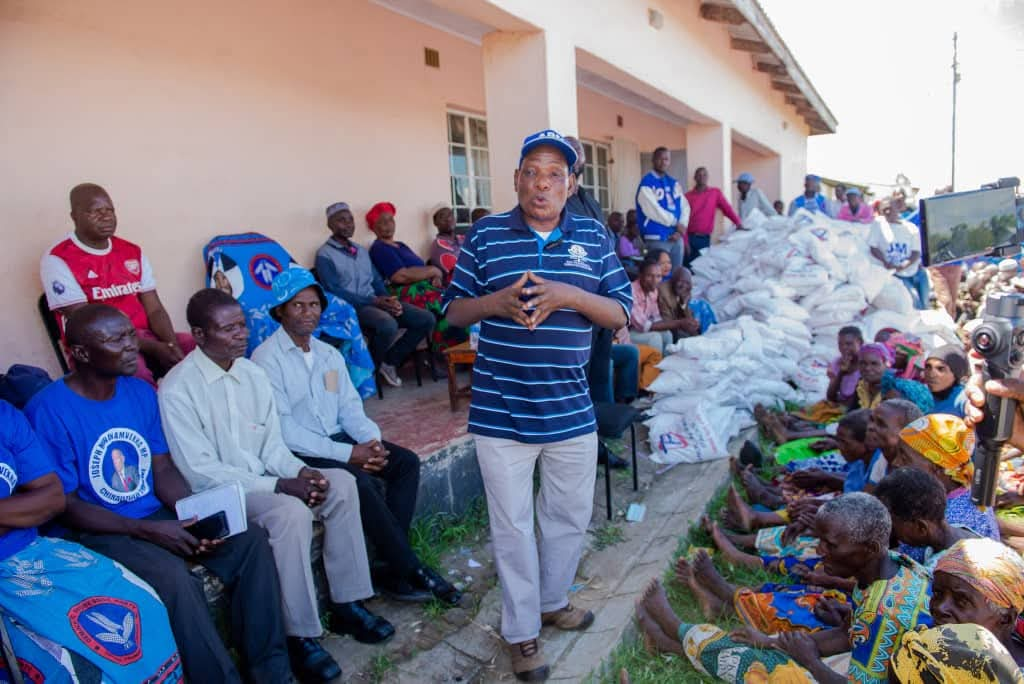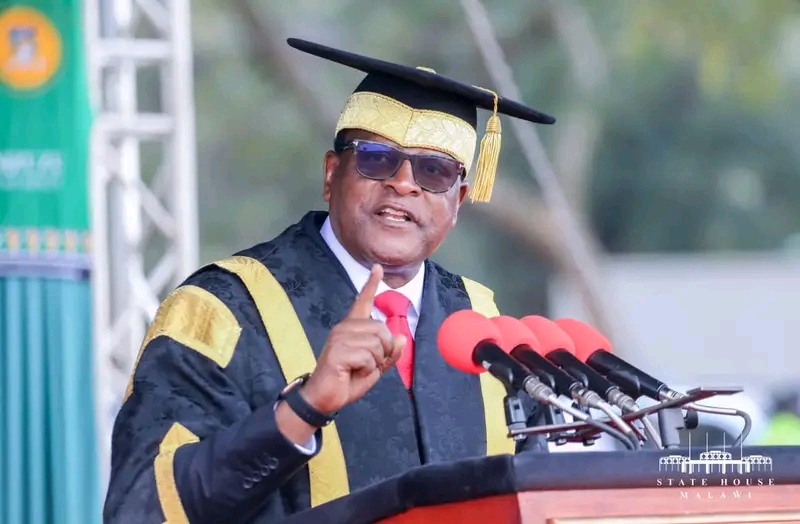By Burnett Munthali
The late Vice President Dr. Saulos Klaus Chilima left an enduring legacy rooted in bold ambition, unwavering integrity, and profound patriotism. Through his words and example, he championed a vision of leadership that resonated deeply with Malawi’s youth—many of whom saw in him a reflection of their own dreams for a better nation.
Chilima’s rise from humble beginnings to the second-highest office in the land was a testament to what ambition, when paired with discipline and education, can achieve. A graduate of the University of Malawi and holder of a Ph.D. in Knowledge Management, he defied the odds and exemplified the notion that young people should dream big but also work relentlessly toward their goals. In a country where youth unemployment remains a crisis, Chilima’s journey provided a roadmap for overcoming adversity through self-belief, academic excellence, and entrepreneurial spirit.
He often told young people not to settle for mediocrity, urging them to “disrupt the status quo” and become change-makers in their communities. His own decision to leave a prestigious corporate career at Airtel Malawi to enter public service exemplified the bold ambition he preached.
In a political landscape often marred by corruption, deceit, and broken promises, Chilima stood out for advocating integrity. He emphasized clean governance and consistently challenged the youth to resist participating in politics of patronage and corruption. His launch of the United Transformation Movement (UTM) was, in many ways, a crusade for ethical leadership—he insisted that youth must become principled leaders who refuse to compromise national interests for personal gain.
His popular mantra, “Servant leadership is not about positions but about purpose,” continues to echo in youth development spaces, student politics, and civil society forums. It inspires young leaders to lead with humility and a clear moral compass.
Chilima’s love for Malawi was not performative; it was practical and consistent. He believed in the potential of Malawians to solve Malawian problems. This message struck a chord with a generation tired of dependency on foreign aid and cynical about the motives of their leaders. He often told the youth that patriotism means “building, not destroying; serving, not looting; standing for truth, not tribe.”
He encouraged young people to value their country enough to demand accountability, participate in governance, and vote with conscience rather than for handouts. His speeches, especially those delivered during national youth events and graduation ceremonies, emphasized civic duty, national pride, and inclusive development.
Dr. Chilima’s personal discipline—physically, intellectually, and ethically—was widely admired. His fitness regime, punctuality, and professional decorum became symbolic of the high standards he set for himself and others. Many young Malawians viewed him as a modern role model: youthful yet wise, confident but humble, articulate and visionary.
This has helped reshape the perception that politics is only for the old or for those willing to compromise their values. Chilima redefined what it meant to be a leader in Malawi: energetic, youthful, innovative, and courageous.
Conclusion
A Lasting Legacy Saulos Chilima’s message to the youth did not die with him. It lives on in the voices of young Malawians who continue to advocate for integrity, excellence, and patriotism. His life was proof that leadership is not about age or lineage, but about vision, courage, and service. In schools, universities, youth clubs, and online platforms, his ideals are being quoted, debated, and emulated.
His passing left a void, but also a challenge—to the young generation he so dearly believed in—to rise, unite, and transform Malawi. In remembering Chilima, the youth are not just mourning a leader; they are awakening to the responsibility of carrying his torch forward.



